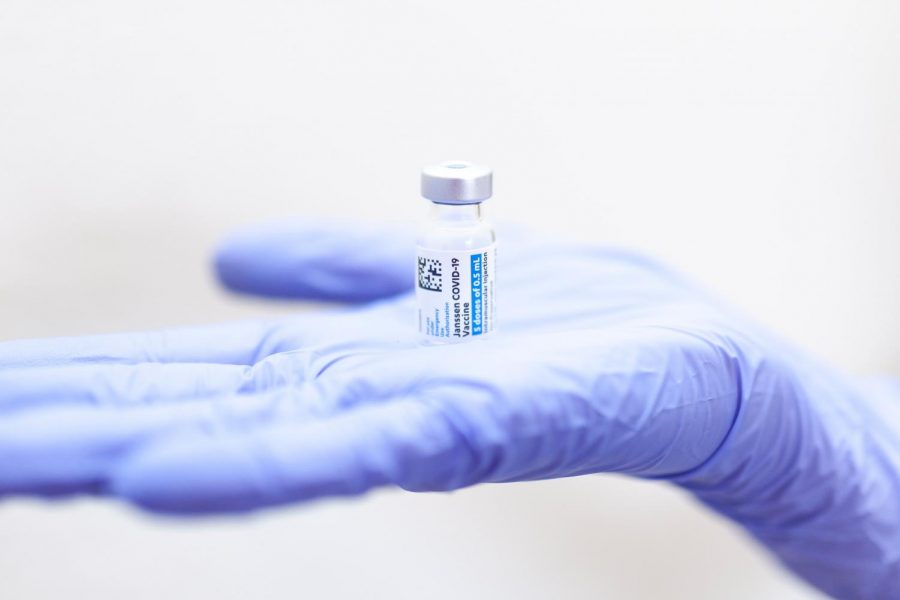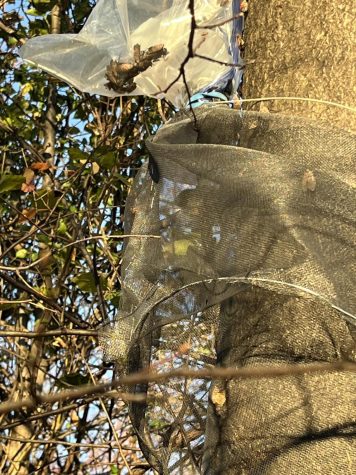A Rising Concern Over Johnson and Johnson Vaccine
After receiving the Johnson and Johnson coronavirus vaccine, some people have developed rare blood clots inside their brains.
Photograph by Mohammad Shahhosseini on Unsplash
A Rising Concern Over Johnson and Johnson Vaccine
The US Food and Drug Administration and CDC advises countries, including the United States, to pause the Johnson and Johnson vaccine distribution after reports of six cases of rare blood clotting emerged.
Researchers identified the blood clots as Cerebral Venous Sinus Thrombosis (CVST). They appear in the brain’s venous sinuses and can prevent blood from flowing out of the brain.
Six cases were reported by women who were between the ages of 18 and 48 after encountering the illness within two or three weeks of vaccination. A 29-year-old woman from Nashville, Tennessee, shared her account of reactions from the Johnson and Johnson vaccine. She chose to keep her identity anonymous.
She says she had to revisit the ER “because [her] leg was so swollen that [she] couldn’t really walk, so at that time they found the DVTs or the clots in [her] legs.”
Located in the Netherlands,the pharmaceutical company Janssen developed the Johnson and Johnson vaccine. The vaccine requires patients to receive only one shot and is stored at normal refrigerator temperatures.
Johnson and Johnson announced to the public that it is aware of CVST disease and “have been working closely with medical experts and health authorities.”
Furthermore, in Europe, a similar situation arose. Countries such as France, Italy, and Germany halted the shipment of the AstraZeneca vaccine after recipients developed the CVST blood clots. Scientists later discovered that Johnson and Johnson and AstraZeneca utilized the same technology in their vaccines that aid human cells to develop immunity to the coronavirus.
The pause of the Johnson and Johnson vaccine fueled mixed opinions from the public. Some believe that prolonging the wait to get vaccinated can present new risks and interfere with countries’ goals to vaccinate their people. Others are immersed in hesitancy and anxiety at the pause.
Polly Holland, a state worker from Worcester Massachusetts, received an email informing her of the pause. Her appointment was cancelled, and now she’s waiting for the Pfizer vaccine.
Holland shares her frustration by stating, “I don’t think with the number being as low as it is, that they should completely stop and hold us back from getting to the next step of our lives”
Researchers encourage people to stay calm as they continue to uncover a link between the blood clots and the vaccine. The risk of acquiring the disease comes across as one case per million vaccinations.
The CDC recommends that “People who have received the J&J vaccine who develop severe headache, abdominal pain, leg pain, or shortness of breath within three weeks after vaccination should contact their health care provider.”

I am a freshman at Piscataway High School, and this is my first year working for the Chieftain. I like painting and creating visuals for our newspaper....







